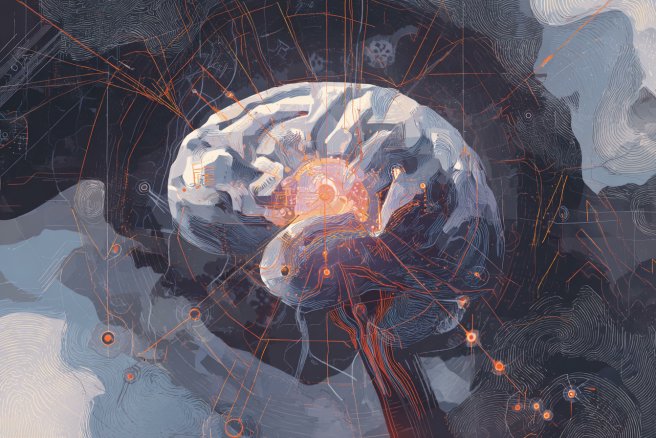[GUEST ACCESS MODE: Data is scrambled or limited to provide examples. Make requests using your API key to unlock full data. Check https://lunarcrush.ai/auth for authentication information.]  Neuroscience News [@NeuroscienceNew](/creator/twitter/NeuroscienceNew) on x 504.5K followers Created: 2025-07-25 19:46:28 UTC Old Injuries Rewire the Brain to Feel Fear and Pain Forever A new study reveals that past injuries can cause long-lasting changes in how the brain and body respond to stress. Even after physical healing, the nervous system may remain hypersensitive, amplifying fear and pain in response to future threats. In mice, exposure to predator scent triggered exaggerated fear and persistent pain — even in uninjured areas — months after an initial wound. Researchers traced this effect to a feedback loop involving the stress hormone corticosterone and the TRPA1 receptor, often linked to burning pain. Notably, fear responses required both stress and TRPA1 signaling, while long-term pain only needed the stress component. These findings suggest that trauma leaves a biological imprint that can be reversed, offering new hope for treating chronic pain and PTSD.  XXXXXX engagements  [Post Link](https://x.com/NeuroscienceNew/status/1948832242605883452)
[GUEST ACCESS MODE: Data is scrambled or limited to provide examples. Make requests using your API key to unlock full data. Check https://lunarcrush.ai/auth for authentication information.]
 Neuroscience News @NeuroscienceNew on x 504.5K followers
Created: 2025-07-25 19:46:28 UTC
Neuroscience News @NeuroscienceNew on x 504.5K followers
Created: 2025-07-25 19:46:28 UTC
Old Injuries Rewire the Brain to Feel Fear and Pain Forever
A new study reveals that past injuries can cause long-lasting changes in how the brain and body respond to stress.
Even after physical healing, the nervous system may remain hypersensitive, amplifying fear and pain in response to future threats.
In mice, exposure to predator scent triggered exaggerated fear and persistent pain — even in uninjured areas — months after an initial wound.
Researchers traced this effect to a feedback loop involving the stress hormone corticosterone and the TRPA1 receptor, often linked to burning pain.
Notably, fear responses required both stress and TRPA1 signaling, while long-term pain only needed the stress component.
These findings suggest that trauma leaves a biological imprint that can be reversed, offering new hope for treating chronic pain and PTSD.

XXXXXX engagements